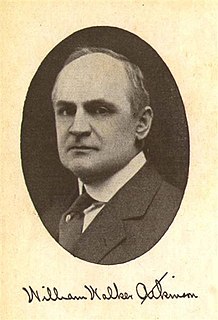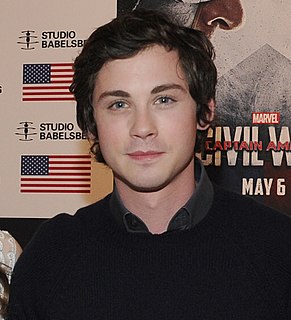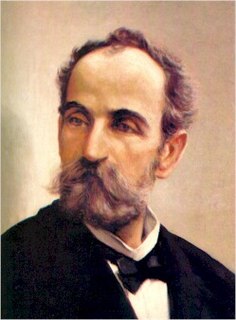A Quote by Roger Ebert
Wes Anderson's mind must be an exciting place for a story idea to be born. It immediately becomes more than a series of events and is transformed into a world with its own rules, in which everything is driven by emotions and desires as convincing as they are magical.
Related Quotes
Success is not to be gained by a blind and slavish following of anyone's rules or advice, our own any more than any other person's. There is no royal road to success- no patent process by which the unsuccessful are to be magically transformed. . . . Rules and advice may greatly assist-and they undoubtedly do this-but the real work must be accomplished by the individual. He or she must carve out his or her own destiny.
Training is doing your homework. It's not exciting. More often than not it's tedious. There is certainly no glory in it. But you stick with it, over time, and incrementally through no specific session, your body changes. Your mind becomes calloused to effort. You stop thinking of running as difficult or interesting or magical. It just becomes what you do. It becomes a habit.
The world cannot hold onto you, for the world is not sentient. The world doesn't have a mind nor does it have desires; it is only your mind's objectivisation. It is your own mind's play which imagines that an object-call it the mind or whatever-can hold onto you. It is the idea you have of who you are that is holding onto its own fearful projections as the mind. Leave all of this and remain as the pure, joyous Self.
A short story is confined to one mood, to which everything in the story pertains. Characters, setting, time, events, are all subject to the mood. And you can try more ephemeral, more fleeting things in a story - you can work more by suggestion - than in a novel. Less is resolved, more is suggested, perhaps.
I had My Little Ponies. I was obsessed with the idea of a creature that was born with something magical that sort of made them the misfit in the world of the stallion. I’m actually quite obsessed with unicorns. They are in essence a mythical creature. The unicorn is born magical and it’s not the unicorn’s fault and it doesn’t make it any more or less special or any less unique but it can’t help that it was born with that magic.



































